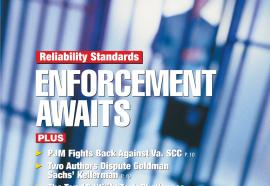High Performance? Your Strategy Matters
Leadership requires alignment between performance measurement and strategic priorities.
A defense of the total return to shareholders (TRS). Our authors use TRS as the bottom-line performance indicator, and come up with a number of performance insights.










